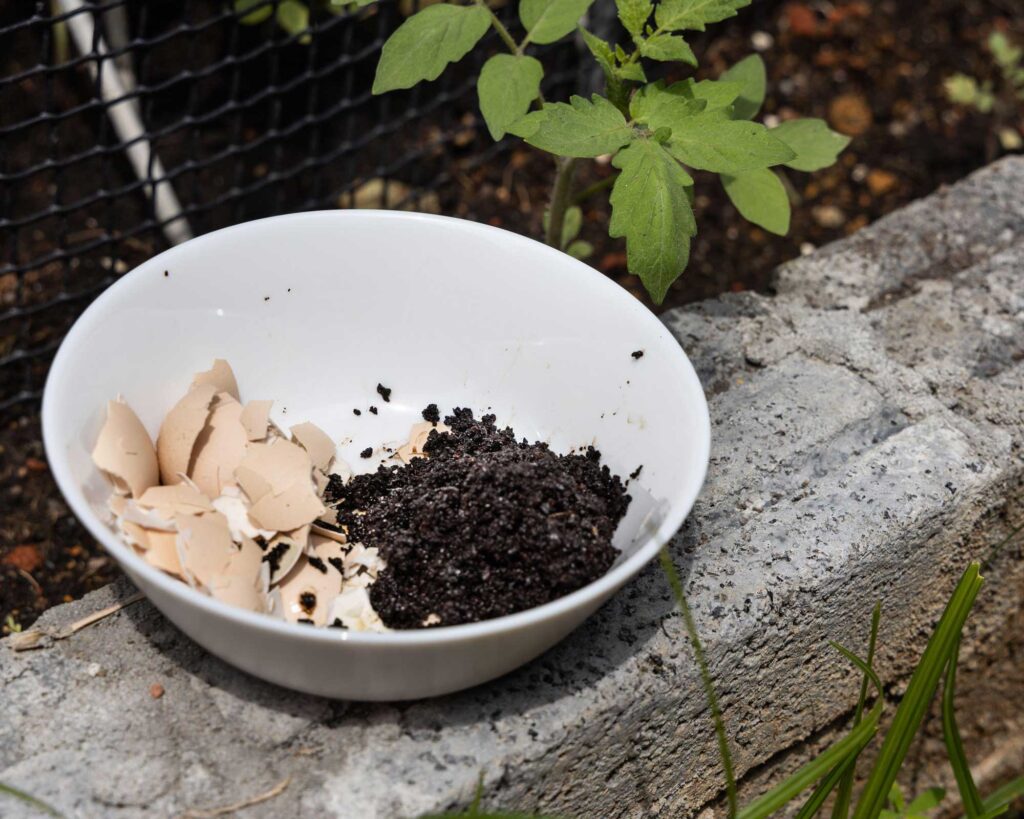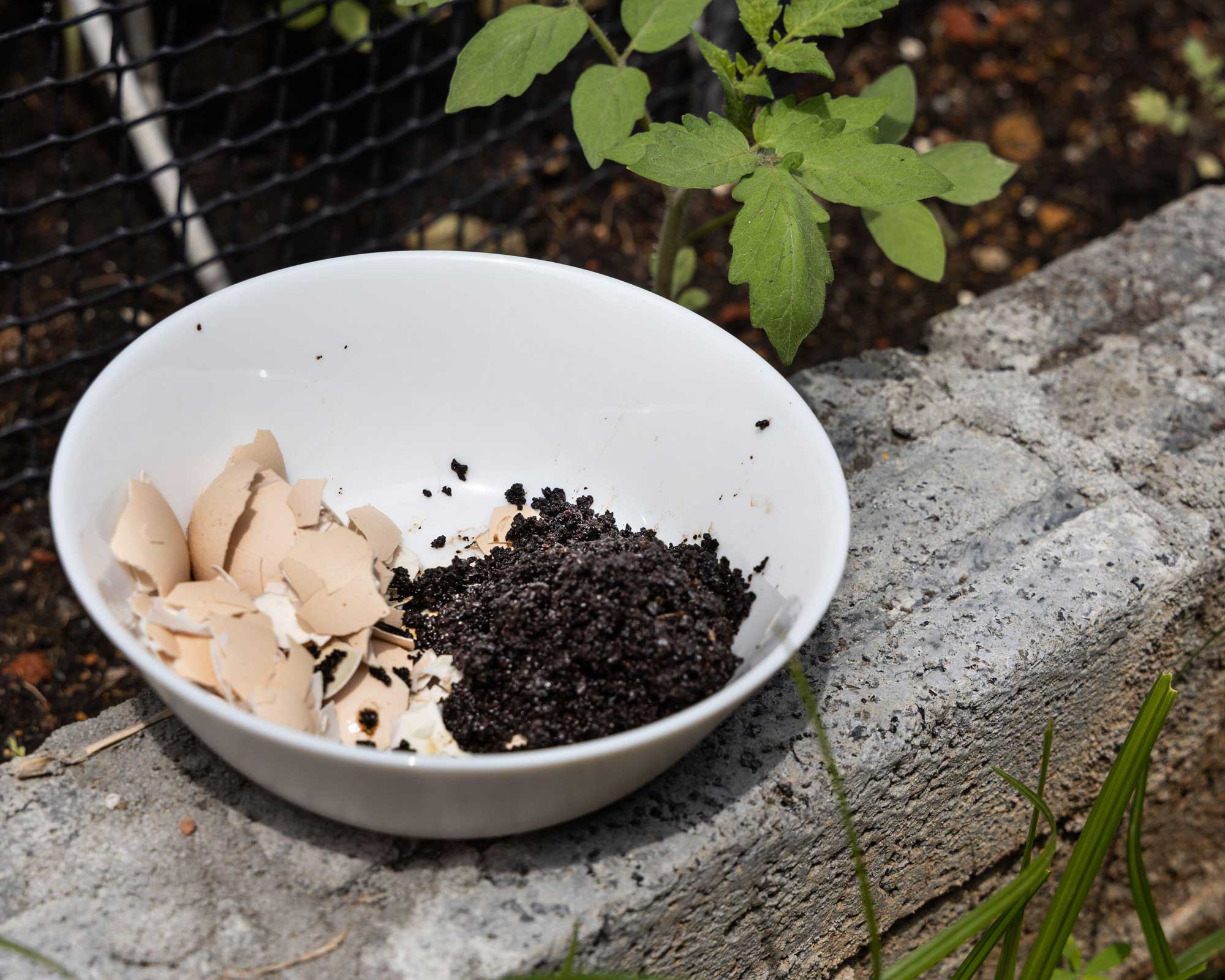
Does Coffee Grounds Repel Bugs? Unpacking the Science and Practical Applications
The aroma of freshly brewed coffee is a morning ritual for millions, a comforting scent that signals the start of the day. But what if that same fragrant substance held a secret weapon in the battle against unwanted pests? The question of whether coffee grounds repel bugs has gained significant traction among gardeners, homeowners, and anyone seeking natural pest control solutions. This article delves into the science behind this claim, exploring the efficacy of coffee grounds in deterring various insects, and offering practical advice on how to put this potential bug-repelling power to work.
The Allure of Natural Pest Control
In an era increasingly conscious of environmental impact and personal health, the demand for natural alternatives to synthetic pesticides is soaring. Consumers are actively seeking eco-friendly methods to manage pests, both indoors and outdoors. This shift is fueled by concerns over the potential health risks associated with chemical pesticides, as well as the desire to protect beneficial insects and the broader ecosystem. Coffee grounds, a readily available byproduct of our daily caffeine fix, have emerged as a promising candidate in this arena. Their potential to repel bugs offers an appealing, sustainable option for pest management.
Understanding the Science: Why Coffee Grounds Might Repel Bugs
The effectiveness of coffee grounds as a bug repellent isn’t based on folklore; it’s rooted in scientific principles. The primary mechanisms behind this repellent effect are multifaceted:
- Caffeine’s Role: Caffeine, a key component of coffee, is a naturally occurring insecticide. It disrupts the nervous systems of insects, leading to paralysis and, ultimately, death. The concentration of caffeine in coffee grounds varies depending on the type of coffee bean and the brewing process, but even residual amounts can have an impact.
- Physical Barrier: The abrasive texture of coffee grounds can act as a physical deterrent. When applied to the ground, they create a barrier that makes it difficult for some insects, such as slugs and snails, to move across or through them.
- Odor Masking: The strong scent of coffee can mask the scents that insects use to locate food sources. This disruption can disorient pests and make it harder for them to find their targets.
- Acidity and Other Compounds: Coffee grounds are slightly acidic, which can deter some insects that prefer more alkaline environments. Additionally, the grounds contain various other compounds that may have insect-repelling properties.
Targeting Specific Pests: What Bugs Do Coffee Grounds Repel?
While the effectiveness of coffee grounds varies depending on the insect species, several pests are known to be particularly susceptible:
- Slugs and Snails: Perhaps the most well-documented success story, coffee grounds can be used as a barrier to deter these garden pests. The abrasive texture and potential toxicity of caffeine make it difficult for them to navigate and can even poison them.
- Ants: Ants are repelled by the scent of coffee. Spreading coffee grounds around ant trails and entry points can disrupt their foraging activities and encourage them to relocate.
- Mosquitoes: While the evidence is less conclusive than for slugs and ants, some studies suggest that the smell of burnt coffee grounds can repel mosquitoes.
- Fruit Flies: Placing a small bowl of coffee grounds near fruit can help trap fruit flies, preventing them from infesting your produce.
- Other Pests: Anecdotal evidence suggests that coffee grounds may also deter other pests, such as beetles and some types of flies.
Putting Coffee Grounds to Work: Practical Applications
Harnessing the potential of coffee grounds is relatively straightforward. Here are some practical ways to use them as a natural bug repellent:
- Garden Application: Sprinkle coffee grounds around plants that are susceptible to pests, such as hostas (prone to slugs). Reapply after rain or watering.
- Ant Control: Create a barrier around ant trails and entry points with coffee grounds.
- Mosquito Repellent: Burn dried coffee grounds in a fire-safe container to release a mosquito-repelling smoke.
- Fruit Fly Traps: Place a bowl of coffee grounds near fruit to trap fruit flies.
- Composting: Add coffee grounds to your compost pile. They are a good source of nitrogen and can also help deter pests in the compost. [See also: Composting with Coffee Grounds: A Guide]
Important Considerations and Limitations
While coffee grounds offer a promising natural pest control option, there are several factors to consider:
- Effectiveness Varies: The effectiveness of coffee grounds can vary depending on the pest species, the concentration of caffeine, and environmental conditions.
- Not a Universal Solution: Coffee grounds are not a magic bullet and may not be effective against all types of pests.
- Acidity Concerns: While generally safe, excessive use of coffee grounds can slightly acidify the soil. Monitor your soil pH, especially if you have sensitive plants.
- Source Matters: The caffeine content can vary depending on the type of coffee and brewing method. Used coffee grounds may be less potent than fresh grounds.
- Pet Safety: While generally safe, ingestion of large amounts of coffee grounds can be harmful to pets. Keep them out of reach of pets.
Maximizing the Impact: Tips for Success
To get the most out of using coffee grounds as a bug repellent, consider these tips:
- Use Fresh Grounds: Freshly brewed or even unbrewed grounds may be more potent.
- Dry the Grounds: Drying the grounds before use can help prevent mold and make them easier to spread.
- Combine with Other Methods: Use coffee grounds in conjunction with other natural pest control methods for a more comprehensive approach.
- Monitor Results: Observe the impact on pests and adjust your application accordingly.
- Source Sustainably: Consider sourcing your grounds from local coffee shops or cafes to reduce waste and support local businesses.
Beyond Pest Control: Additional Benefits of Coffee Grounds
The benefits of coffee grounds extend beyond pest control. They offer several advantages for gardeners and homeowners:
- Soil Enrichment: Coffee grounds add valuable nutrients, such as nitrogen, to the soil, improving its fertility.
- Composting Aid: They are a valuable addition to compost piles, accelerating the decomposition process. [See also: Coffee Grounds in Compost: Benefits and Best Practices]
- Mulch Alternative: Coffee grounds can be used as a mulch, helping to retain moisture in the soil and suppress weeds.
- Odor Absorption: The absorbent properties of coffee grounds can help neutralize odors in the refrigerator or other areas.
Conclusion: Embracing the Potential of Coffee Grounds
The question of whether coffee grounds repel bugs yields a qualified “yes.” While not a universal solution, coffee grounds offer a promising, eco-friendly approach to managing certain pests. Their effectiveness, coupled with their accessibility and additional benefits for soil health and composting, makes them a valuable tool for anyone seeking a natural and sustainable approach to pest control. By understanding the science behind their bug-repelling properties and employing them strategically, homeowners and gardeners can harness the power of this readily available resource to create healthier, more vibrant environments. The journey of exploring the uses of coffee grounds is one of discovery, where the simple act of enjoying a cup of coffee yields a powerful ally in the fight against unwanted pests. [See also: Natural Pest Control for Your Garden: A Comprehensive Guide]


